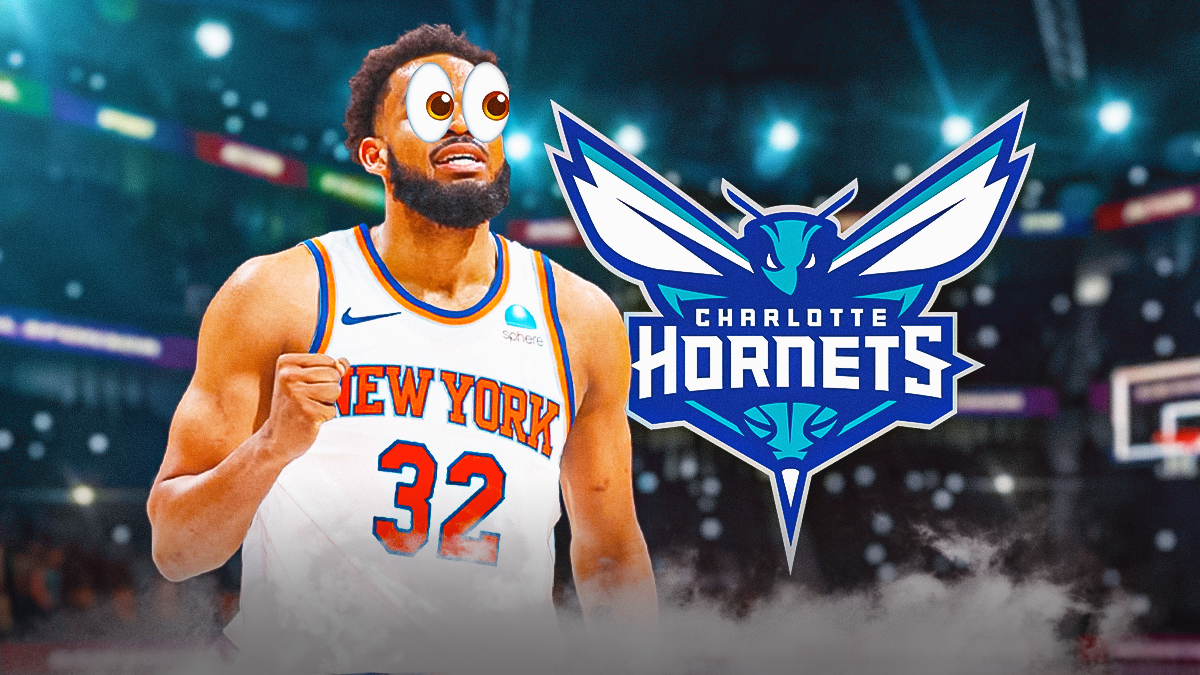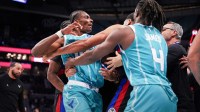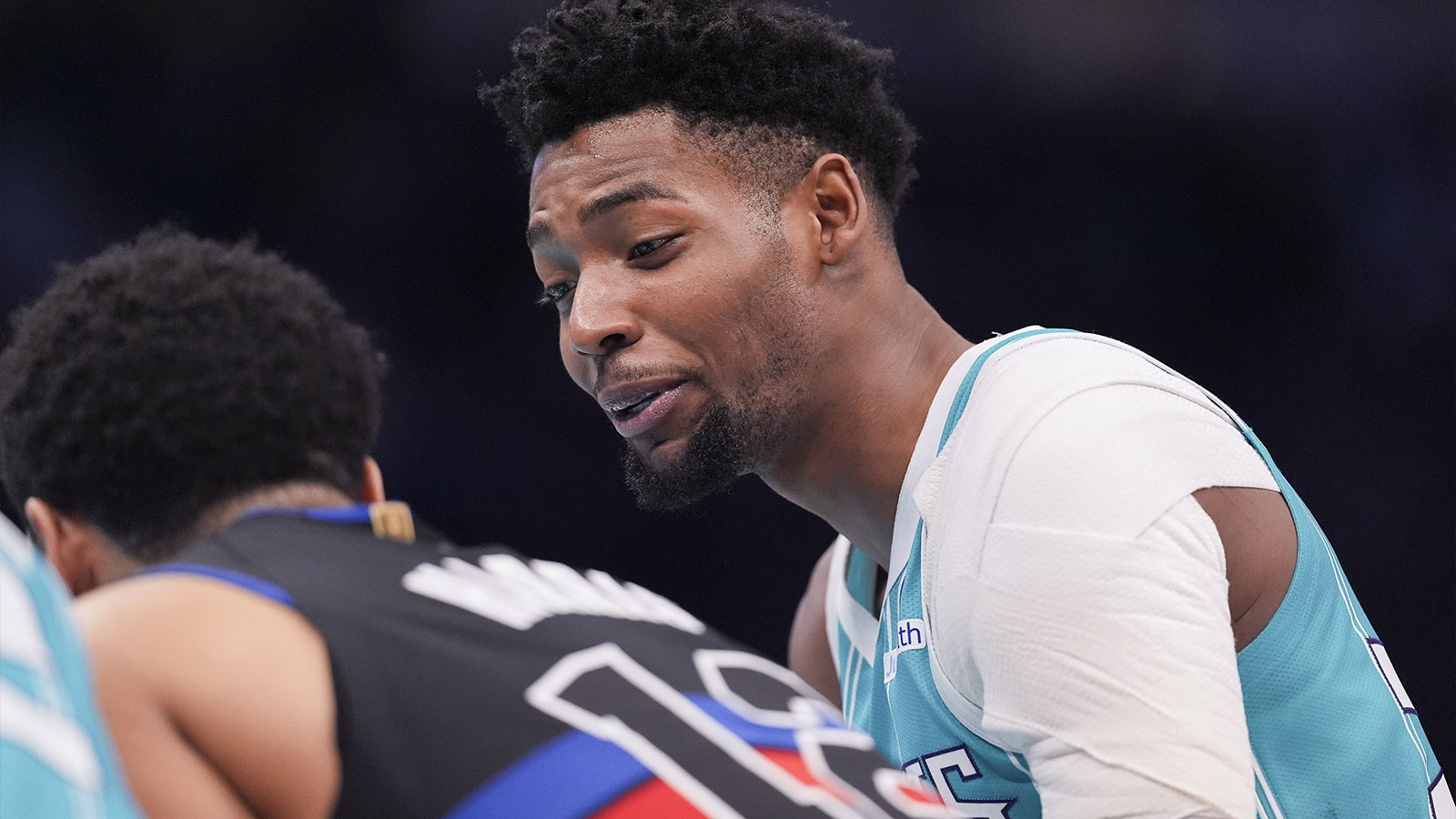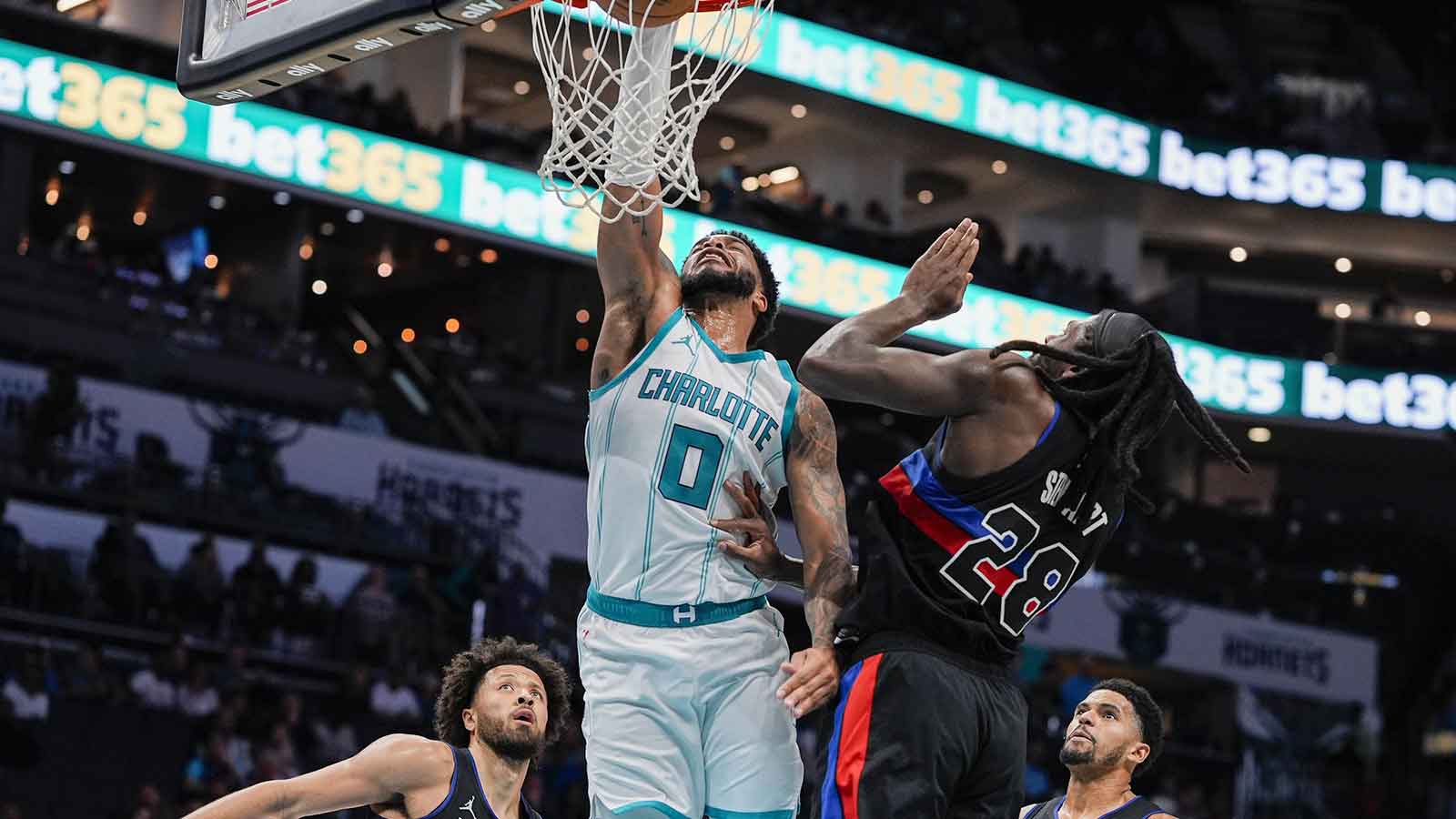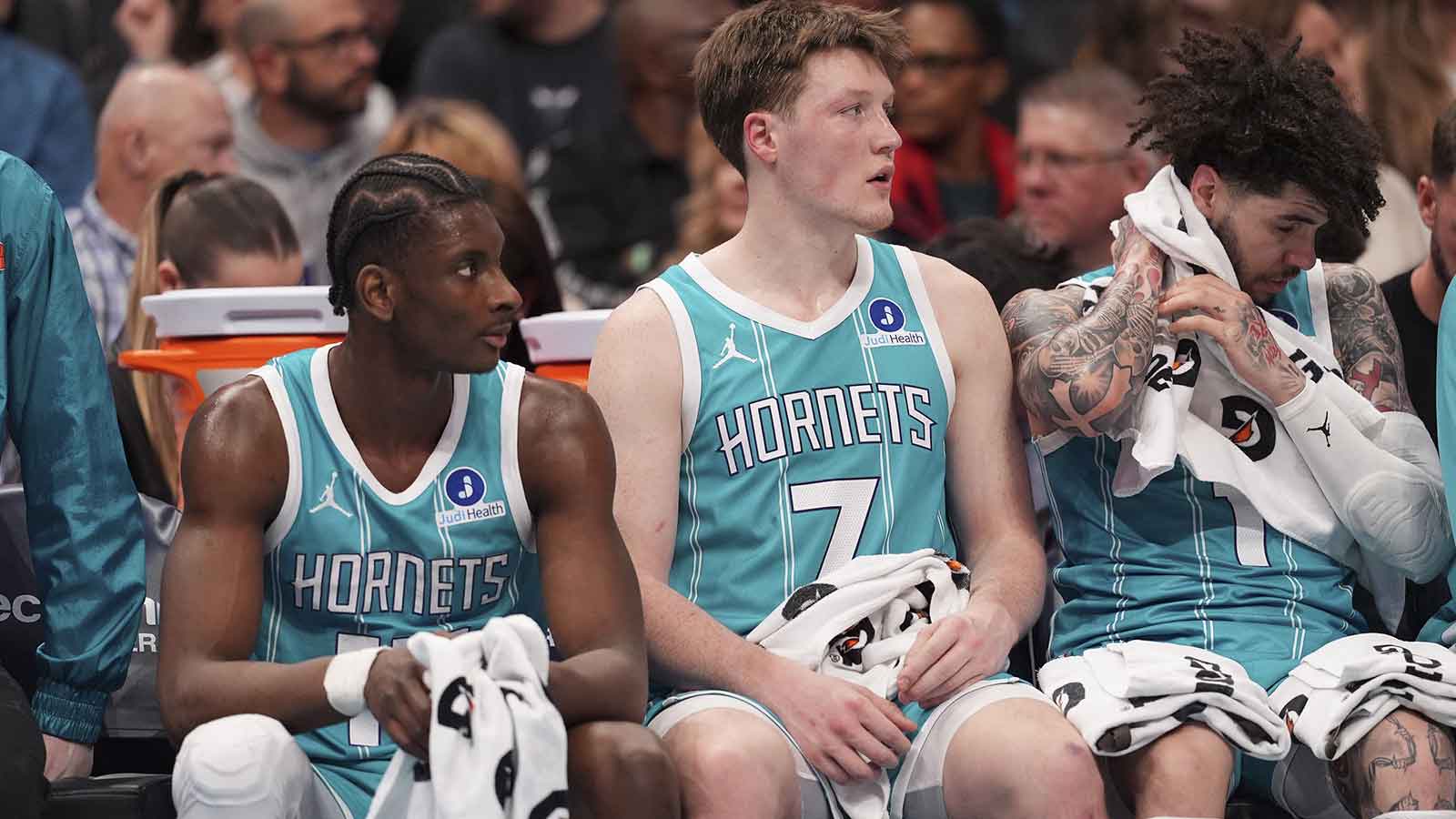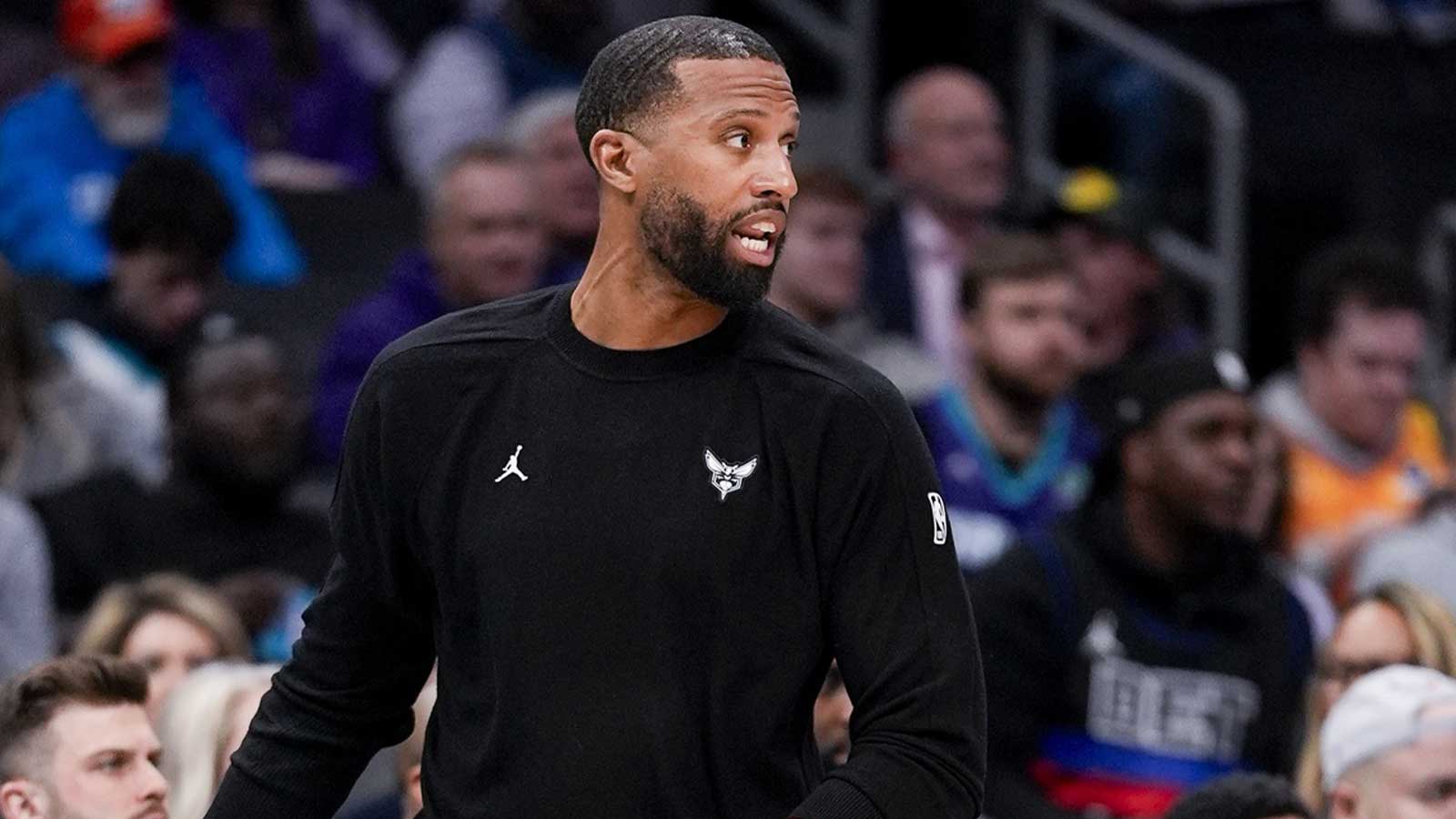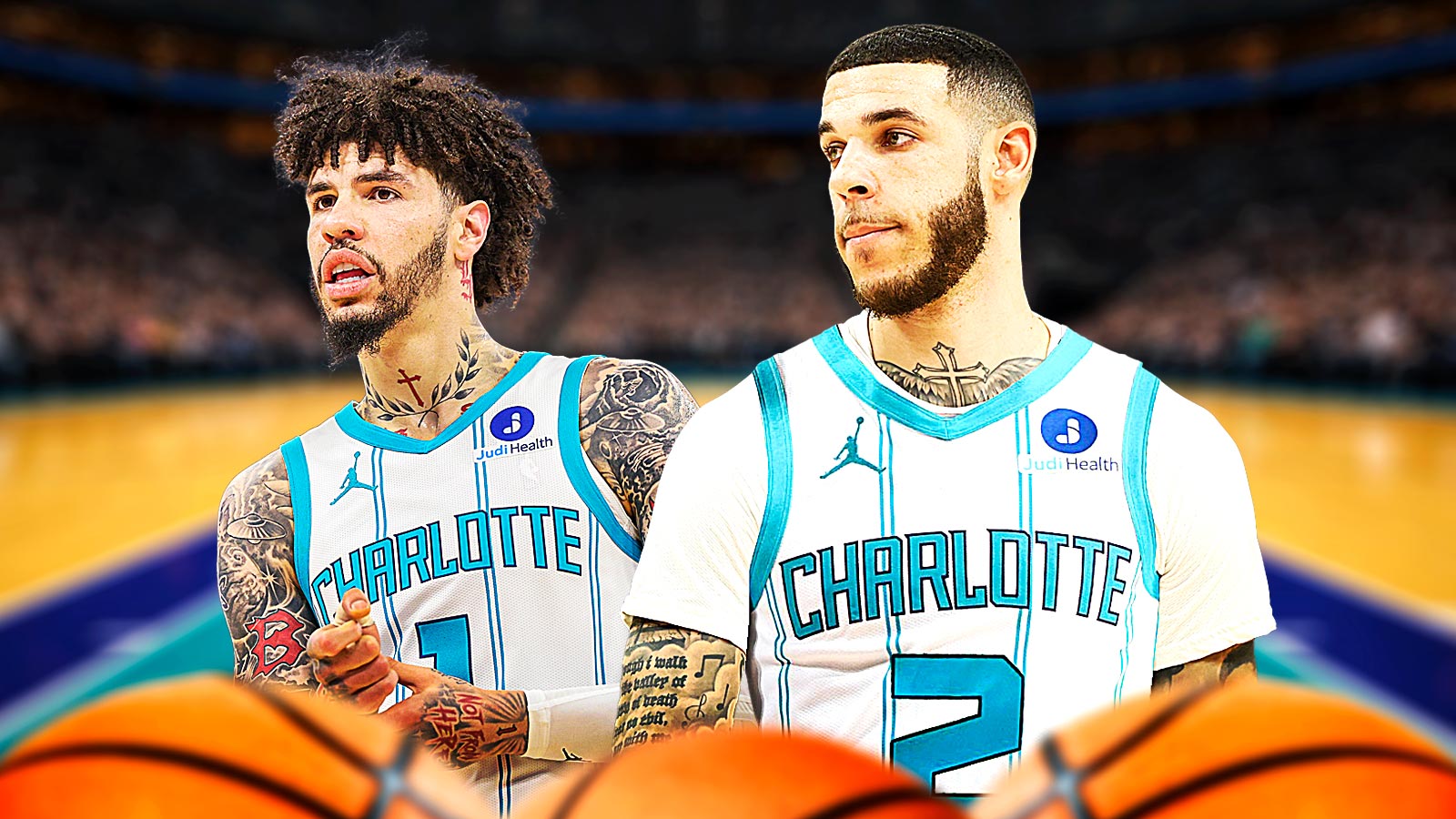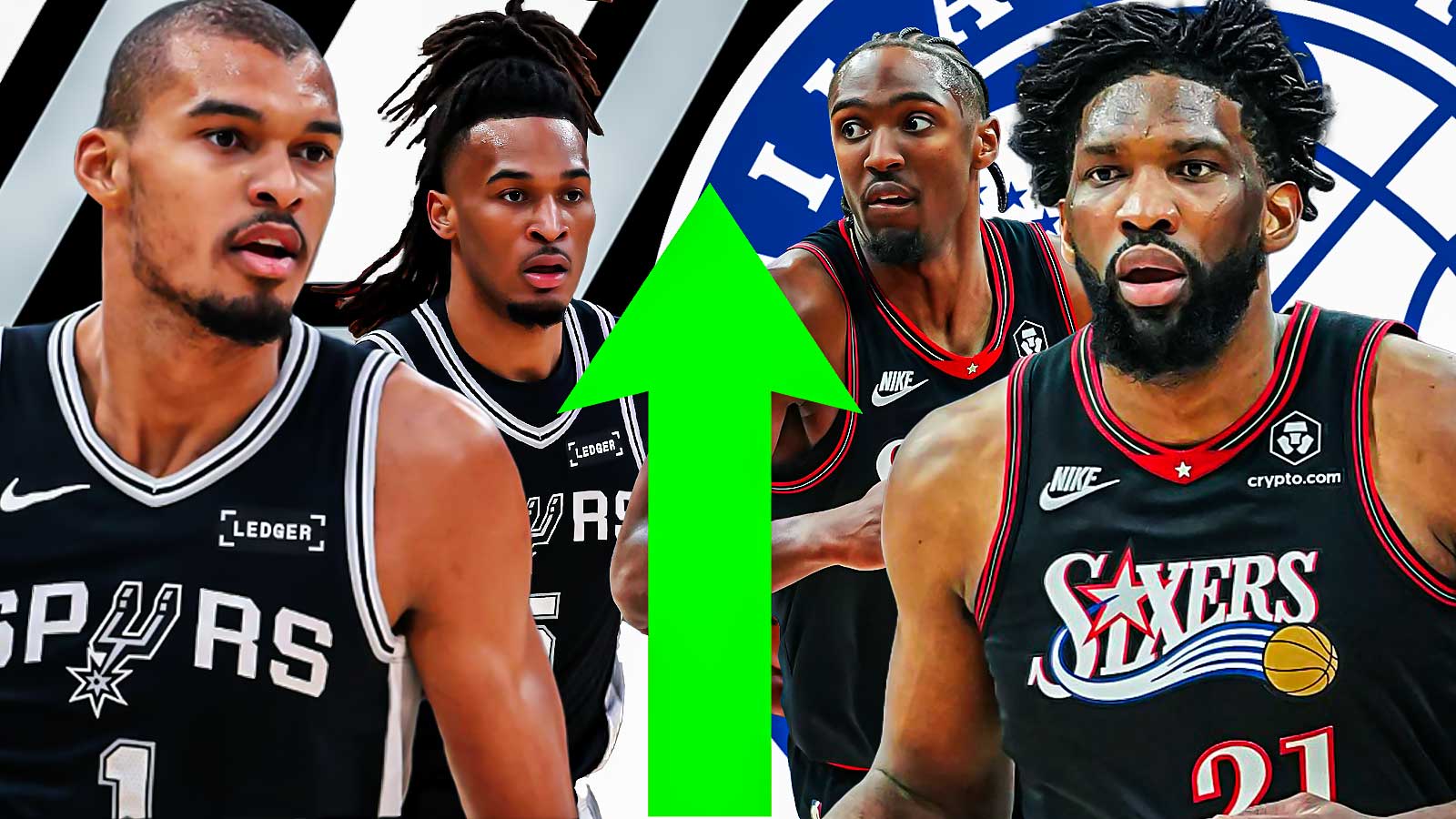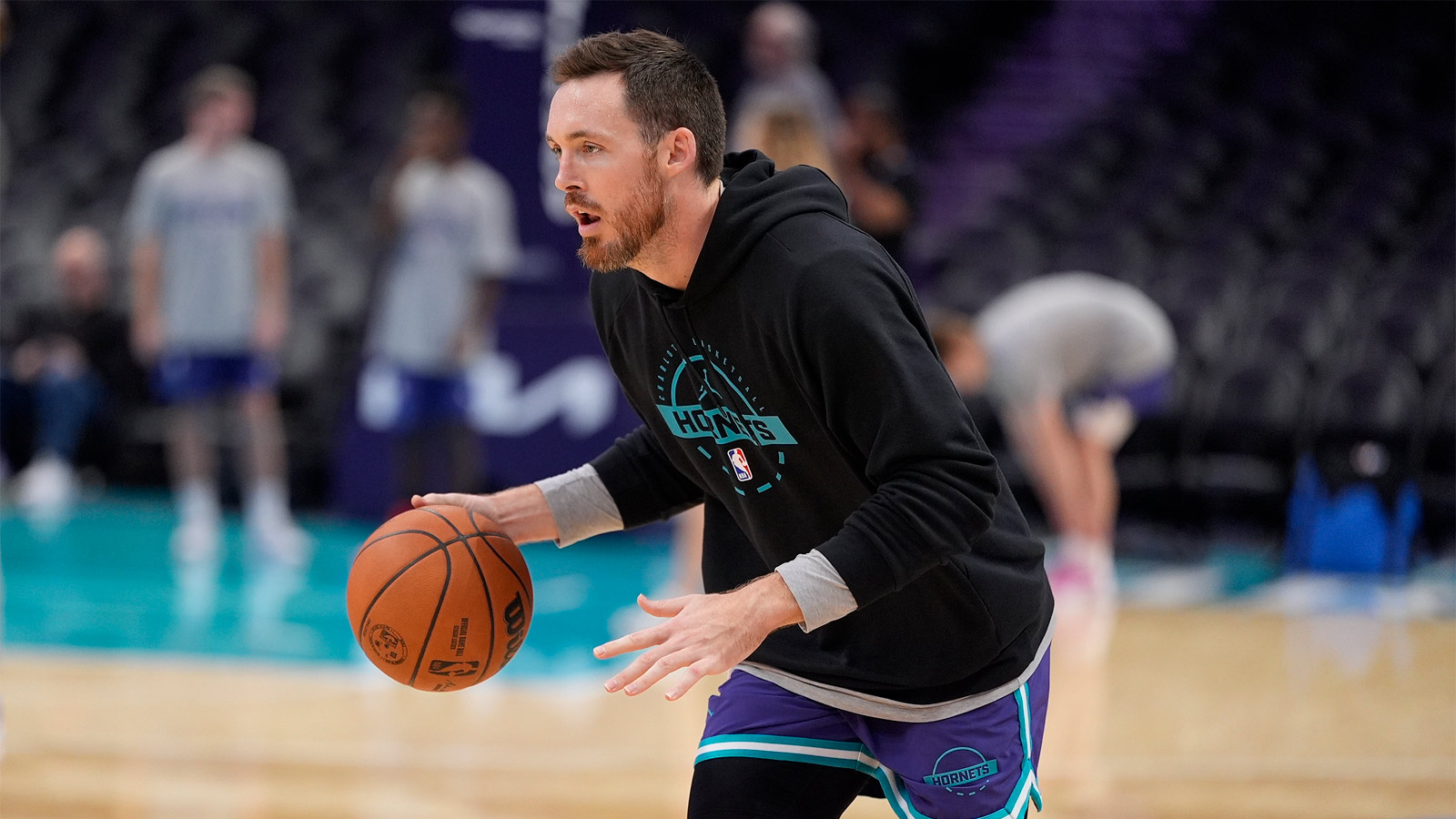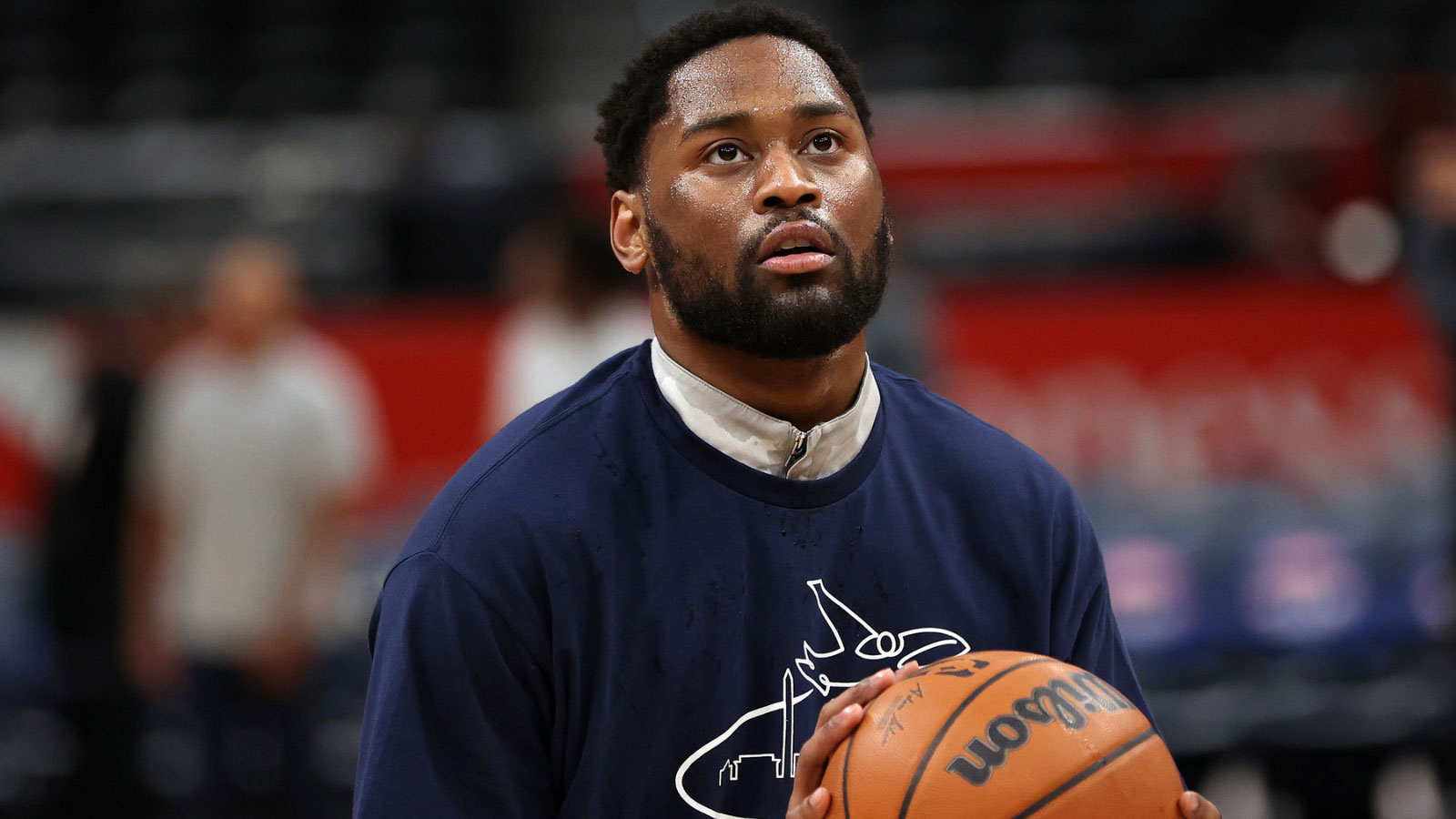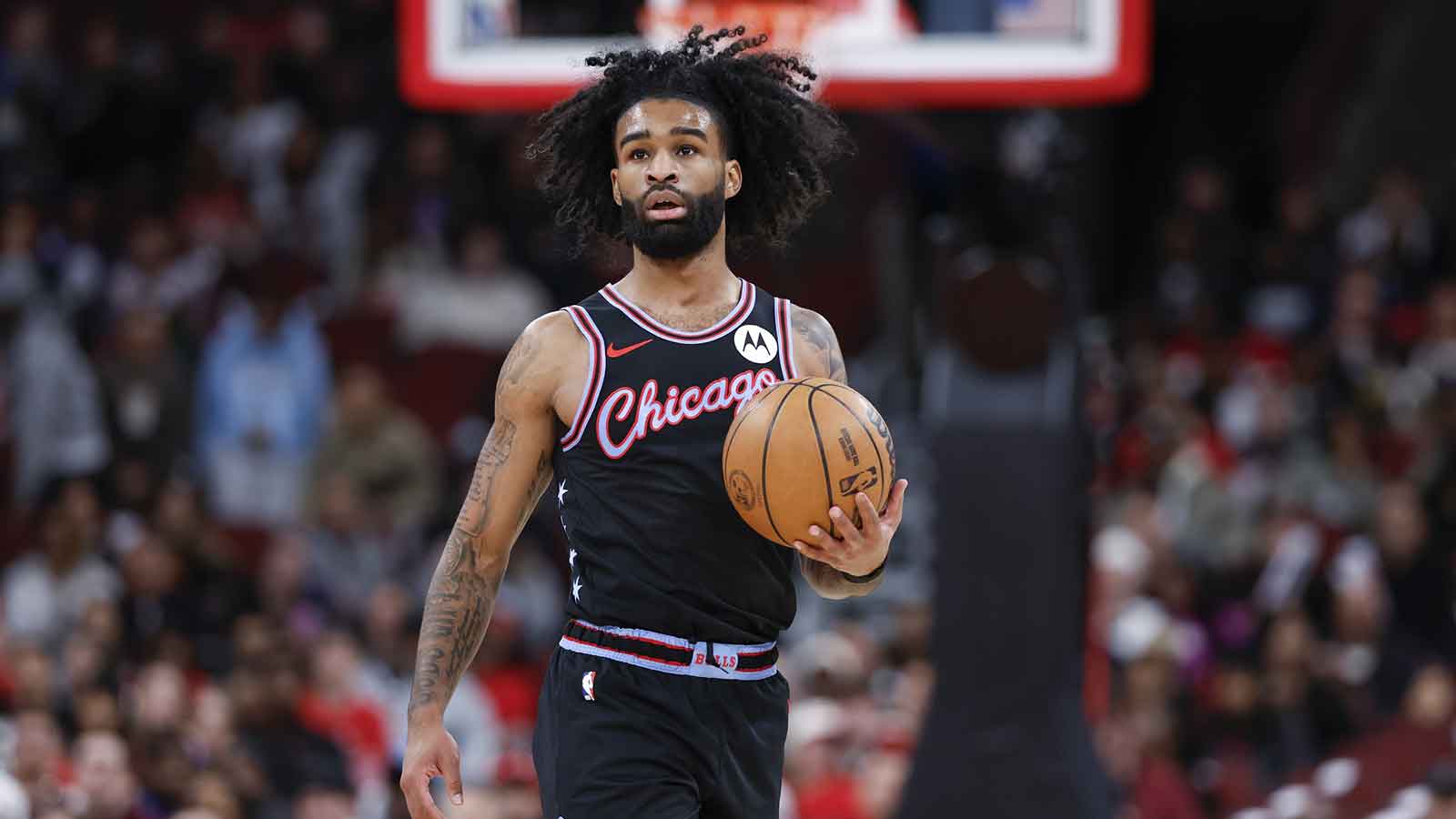The Minnesota Timberwolves agreed to deal star big man Karl-Anthony Towns to the New York Knicks on Saturday night, but the full terms weren't known yet. The picture is now clear thanks to the Charlotte Hornets' involvement as a financial aid for both the Knicks and Wolves.
The trade has been agreed upon by all parties, via ESPN's Bobby Marls.
“Here are the agreed trade details, per sources. The trade call has not taken place yet,” Marks reported.
“New York receives: Karl-Anthony Towns (from MIN) and the draft rights of James Nnaji (from Charlotte)
Minnesota receives: Julius Randle (from NYK), Donte DiVincenzo (from NYK), Keita Bates-Diop (from NYK) and 2025 top-13 protected Detroit first (via NYK)
Note: The first from Detroit is top-11 protected in 2026, top-9 protected in 2027. It will turn into a 2027 second from Detroit if not conveyed in 2025, 2026 or 2027.
Charlotte receives: 2025 second (least favorable of Denver or Philly via Minnesota), 2026 (Golden State via NYK), 2031 second (from NYK), DaQuan Jeffries (sign-and-trade from NYK), Charlie Brown Jr. (sign-and-trade from NYK), Darius Washington (sign-and-trade from NYK) and $7.2M cash.”
Why were the Hornets involved?
The Hornets helped the Knicks and Wolves execute the finances
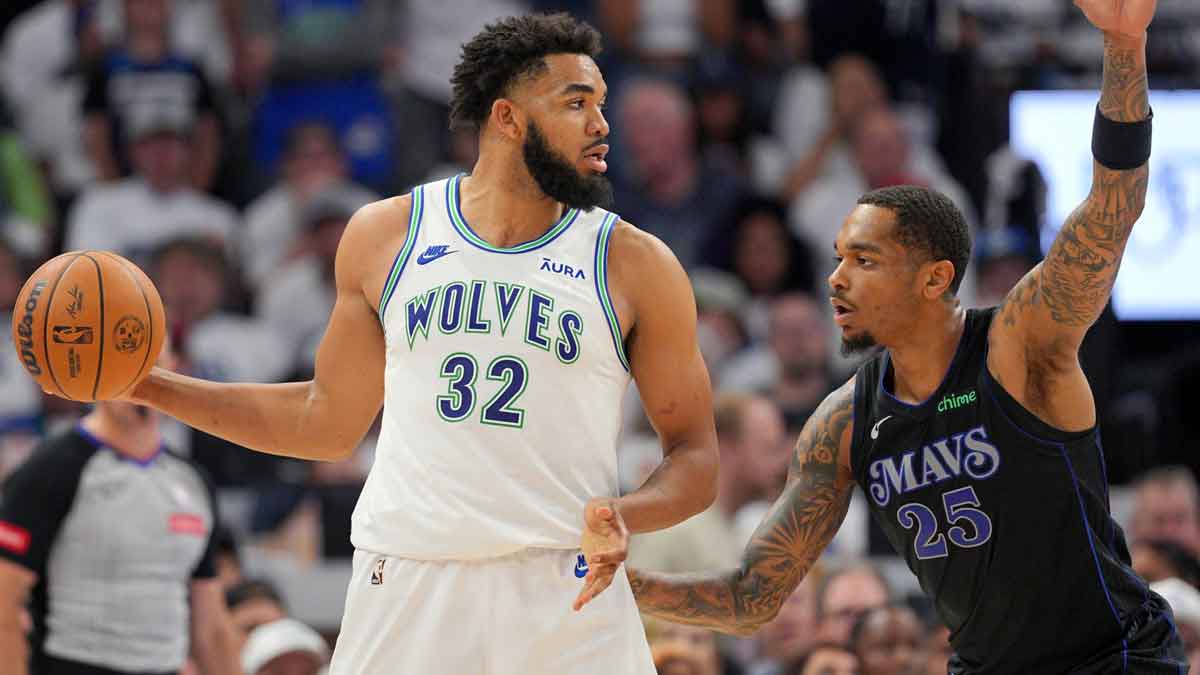
With both New York and Minnesota both “apron” teams under the new salary-cap rules, both clubs needed help facilitating the trade. The Knicks were $7.6 million below the second apron, and the Wolves weren't allowed to take back more money in a trade, via Marks.
The second apron is about $11 million over the first apron for a total of $190 million. Going above that threshold is risky business for NBA clubs, as it severely restricts their ability to maneuver financially. Examples include losing the “mid-level exception.” losing the right to combine multiple players' salaries into trades and losing the ability to send money in trades.
In short, if the Knicks win the NBA championship with Towns, they can thank the Hornets.

